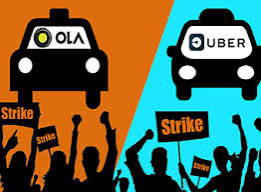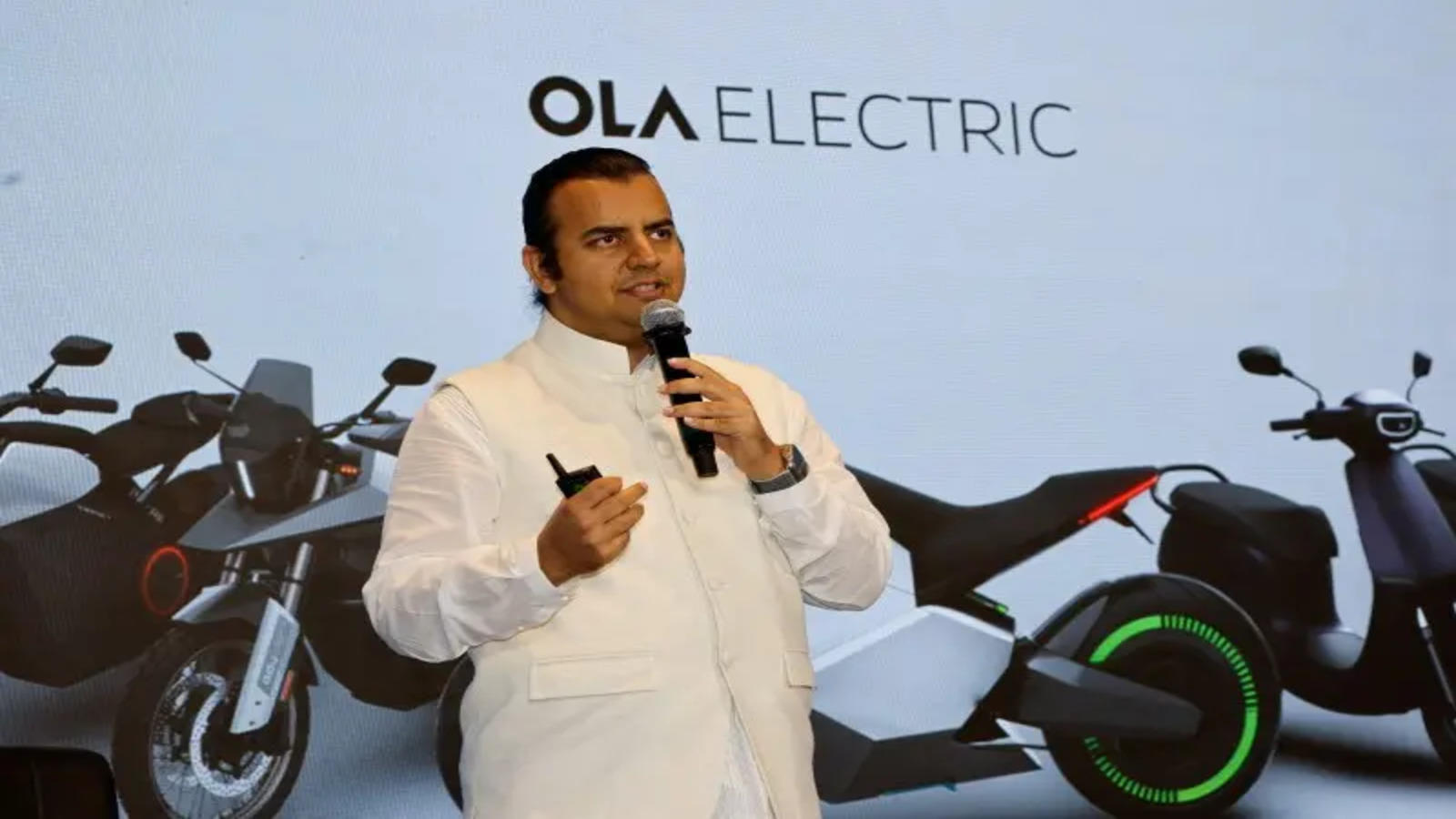The strike by Delhi’s auto and taxi drivers highlights the ongoing tensions between traditional transport services and app-based cab companies like Ola and Uber. These drivers feel that the rise of these digital platforms has severely impacted their livelihoods, drawing away customers and reducing their earnings. The protest, which involves over 15 unions and is set to continue into tomorrow, reflects the deep frustration and sense of injustice felt by many in the industry.
Kishan Verma, president of the Delhi Auto Taxi Transport Congress Union, expressed the drivers’ concerns, emphasizing how they’ve been raising these issues with the government for years without seeing any meaningful action. The sentiment among the striking drivers is that the government has been more responsive to the interests of large companies rather than those of individual drivers who rely on these jobs to make a living.
This situation underscores the challenges faced by traditional service providers in adapting to the rapid changes brought about by digital platforms. While app-based services offer convenience and often lower prices for consumers, they also bring significant disruption to established industries, leading to protests and calls for regulatory changes.
The outcome of this strike could have implications not just for the drivers, but also for the broader debate on how technology-driven services are regulated and balanced with the needs of traditional workers.











